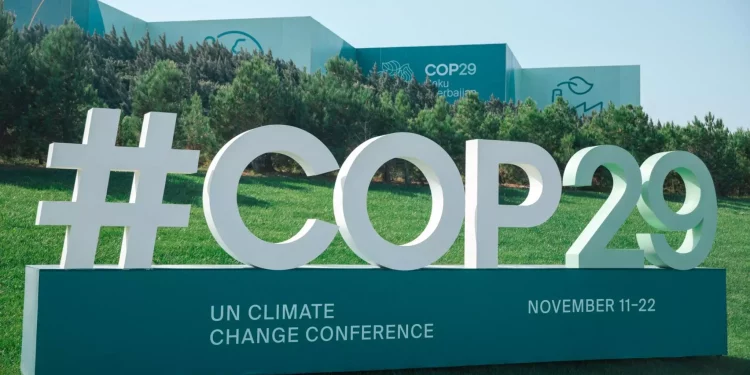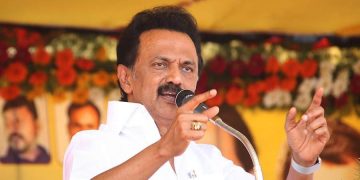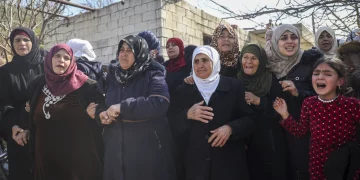The shadow of Donald Trump, with trade and economic uncertainties linked to his return to the White House in January 2025, seems to have hung over the just concluded COP29 held in Baku, Azerbaijan. The outcome in terms of the developed countries’ funding for fighting climate change is so disappointing for developing countries that the sincerity of tackling global warming is under a question mark like never before. Trump, in his earlier presidency before Joe Biden, had made it clear that the US – the largest donor of such funds – would not provide any money for this purpose.
A deal was hastily imposed towards the end of the summit disregarding the objections of poorer nations that shatters global trust and undermines recent progress made in trying to keep the rise in temperature within the prescribed limit. With two dozen industrialised countries, including the US, participating in the deliberations it was supposed to be the “finance COP” where developed nations were expected to pledge to pay developing countries for the damage they had caused to the climate. But, the agreement for shelling out $430 billion a year by 2035 is slammed by developing countries led by a group that includes India, Nigeria and Bolivia, as “too little, too late.” What is worse is that the rich-world governments will be able to dodge their obligations by relying on cash from private companies and international lenders. According to independent experts, the developing world, excluding China, would need $1.3 trillion a year by 2035 to fund its green transition and keep temperature rise in conformity with the Paris Agreement. The climate finance target fixed at the summit has upset poor nations so much that many of them have called it “a death sentence” for those already drowning under rising seas and facing devastating costs. It is indeed a travesty of justice that the poor world has to accept crumbs for fear of collapsing the entire COP process representing the only forum where they are given a voice.
Reports are emerging from the conference that there were last-minute text changes and behind-thescenes lobbying by fossil fuel interests. It is a fact that COP29 took place in difficult circumstances. It was ironic that the venue was chosen by Azerbaijan which is largely dependent for its economy on the production of fossil fuel. Some developed countries contended that the final sum agreed at the summit is a step up from rich countries’ previous commitment to provide $100 billion annually in climate finance by 2020. But, the truth is even this target was met two years late, in 2022. There is greater uncertainty in providing this amount of money in view of the second Trump presidency. For the past couple of years, the world has been facing unprecedented drought, flood and food insecurity due to climate change but the industrialised nations in the global north kept dragging their feet on these issues.
In this backdrop meeting the Paris Agreement’s target of 1.5 degrees Celsius before 2025 now seems like a distant dream. Even if nations succeed in honouring their current promises to reduce domestic emissions, the UN warns that the planet is still on track for a scorching 2.7 degrees Celsius rise. This will cause unprecedented climate chaos. The talks at the UN climate summit COP29 ran 33 hours late, and came within inches of collapse. The upshot of two weeks of often bitter negotiations in the Azerbaijani capital is that poorer nations have once again been given a raw deal.






































